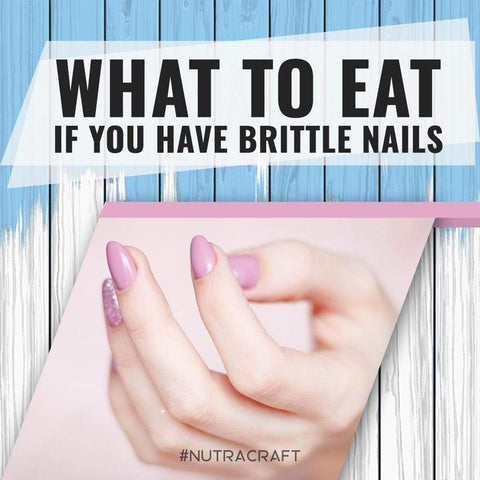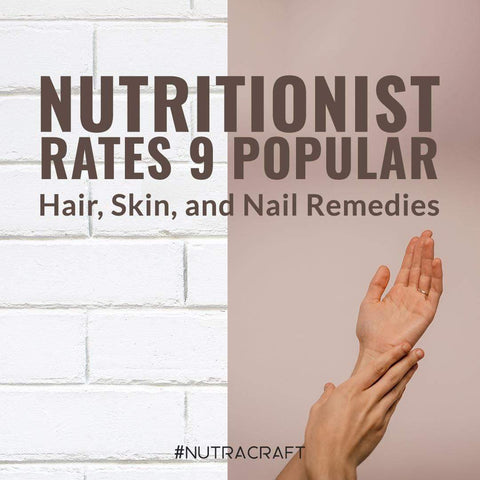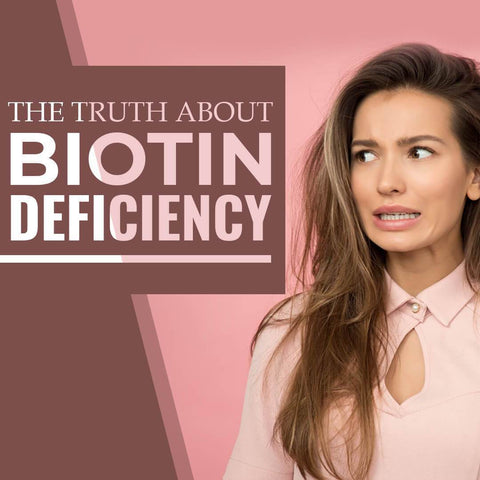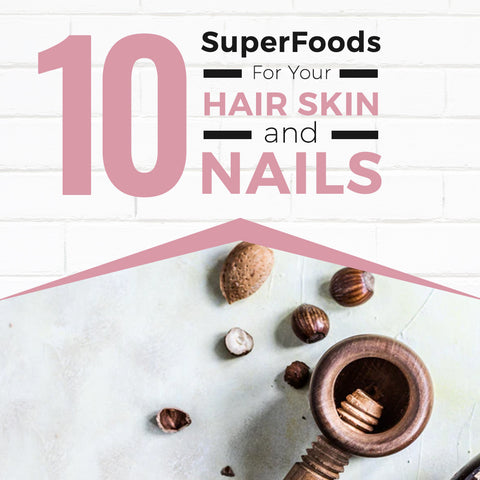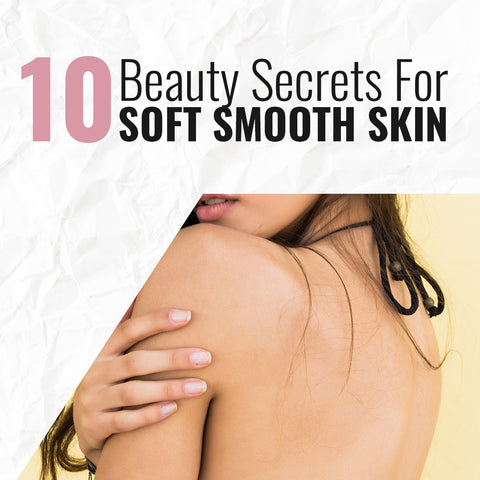
Biotin is a B vitamin (vitamin B7).
In your body, biotin acts as a coenzyme that helps you metabolize sugars, fats, and amino acids from the foods you eat.
In other words, you need biotin to turn the food you eat into fuel. And for this reason - and others, biotin affects your health and even your appearance.
Biotin: Indispensable
Biotin, like all essential vitamins and minerals, has a plethora of effects on your body and is indispensable to your body.
If you’re deficient in it, you’ll have numerous sings and symptoms. There are also ways that people benefit from taking biotin, even if they’re not noticeably deficient.
Below, you’ll see these signs of deficiency and also the benefits that biotin exerts on your body.
What’s the Right Dosage for Biotin?
Biotin is a water-soluble vitamin, meaning that your body doesn’t store it in fat. So it doesn’t carry the risk of overdosing like with some fat-soluble nutrients.
Extensive research has shown that even very high doses of biotin is not toxic and does not cause noticeable symptoms 16.
However, only small amounts are usually needed for beneficial effects. 25-35 mcg are often recommended for adults.
Exclusive Bonus! Download the FREE report ‘How To Grow Strong Nails, Smooth Hair & Soft Skin in 3 Simple Steps’ by clicking here.
Signs and Symptoms of Biotin Deficiency
1. You Have High Blood Sugar

Biotin is needed to metabolize sugar properly 23.
In obese people with high blood sugar, biotin reduces a sign of high blood sugar - HbA(1c) - which is an indication of how much damage sugar has done to the hemoglobin protein in red blood cells 1†. Higher blood sugar levels cause this damage (HbA1c) to increase.
Biotin also measurably reduces high blood sugar levels 1†. It’s even been shown to improve blood sugar control in patients who were already taking insulin by had poor sugar control 2†.
2. You Have Hair Loss
If you’re losing hair or have already lost it, you could be biotin deficient (and you may also benefit from biotin supplementation).
Researchers have found that biotin improves hair growth†. Biotin supplementation consistently improves the hair health of people with “uncombable hair” 3†. Also, it is known that deficiency of biotin promotes baldness 4†.
3. You Have Brittle Nails

Biotin is crucial for the maintenance of healthy hair, skin, and nails because it is involved in generating the necessary proteins to keep these parts of the body in tip-top shape 5†. Biotin is needed for the production of the strong keratin protein that gives nails their hardness 6†.
Research has shown that biotin supplementation consistently improves the nail health of people with “brittle” nails 3†.
4. You Have Allergies
Even the immune system is affected by biotin deficiency. Researchers have shown that the immune system can have overreact to irritants if someone is deficient in biotin †. And research suggests that supplementation can improve allergies 8†.
You might have a less effective immune system, as well, if you don’t get enough biotin because less immune cells are produced †.
5. You’re Depressed

Your brain is very hungry for biotin. The brain contains up to 50 times the amount of biotin that is in your blood 8†. In medical literature, depression is cited as a potential symptom of biotin deficiency 8,9.
Biotin is involved in glucose and energy metabolism and the neurons in your brain use glucose for energy 8. If your neurons can’’t use sugar efficiently, they won’t be able to do their job effectively. B vitamins are also involved in generating neurotransmitters that help you feel good.
6. You Have Skin Rashes
Biotin deficiency can cause skin problems. When your skin gets rashes, there is inflammation in your skin, which is usually is a sign of your immune system being overactive 10. And we’ve discussed how biotin deficiency can make your immune system too overactive.
7. Poor Heart Health
Biotin’s role in sugar metabolization affects your cardiovascular system. If you’re not using glucose efficiently, you’ll get high blood sugar levels and this can damage the lining of your blood vessels. And that sets you up for the development of plaque in your arteries.
When people with high blood sugar supplemented with biotin and the mineral chromium, cardiovascular risk factors were lowered like triglycerides and “bad” cholesterol 11†.
8. You Are Pregnant

Researchers say a “substantial proportion” of pregnant women are mildly deficient in biotin 12. Possibly as many as “18 out of 22” pregnant women are not getting enough biotin 12†.
“Biotin intakes exceeding current recommendations are needed to meet the demands” of pregnancy, researchers warn 13† . Breastfeeding especially depletes the body of biotin 13.
9. You’re Tired All The Time
As you know, biotin helps your cells use sugar for energy and it is also needed for the energy powerhouses of your cells, mitochondria, to work 14,15.
The connection between biotin deficiency and fatigue is so strong that researchers can cause tiredness in animals by simply taking away their biotin 14.
Do you have dry skin, brittle nails, and frizzy hair?
Did you know that you can achieve healthy hair, skin, and nails all at the same time by consuming the right nutrients?
You also won’t have to depend on harsh chemical products or an extensive morning and night routine just so you can look your best! And it all comes down to these simple, beautifying principles.
Our lead nutritionist Evan Burns shares his most effective all-natural remedies and holistic approach to give you soft skin, strong nails, and smooth hair!




